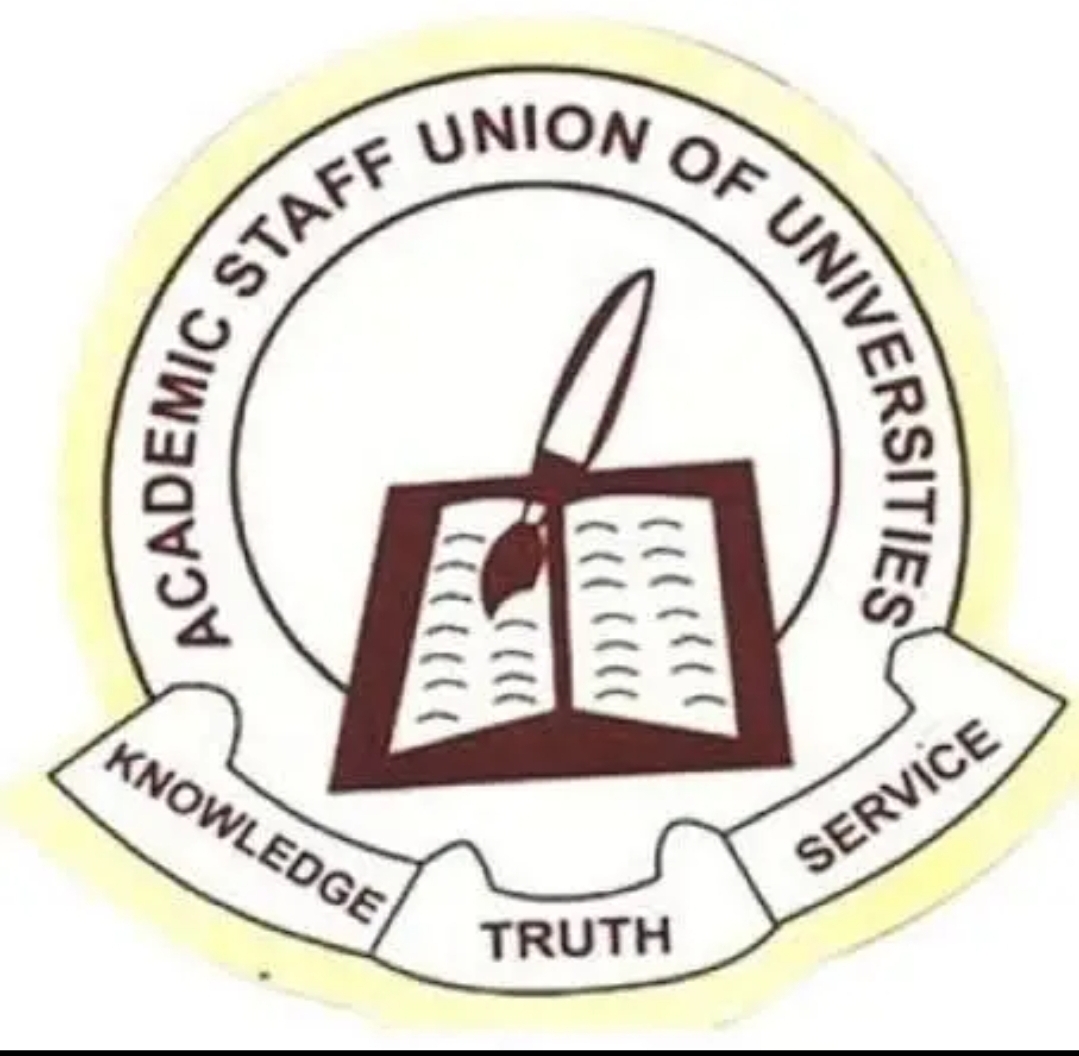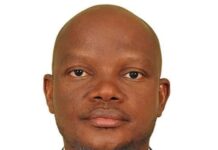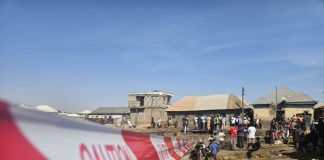The Academic Staff Union of Universities (ASUU) has once again raised the red flag, warning the Federal Government that a failure to honour the 2009 agreement may trigger another nationwide strike.
In a press briefing held in Abuja on Friday, May 23, 2024, ASUU President, Dr. Chris Piwuna, said the union’s patience is wearing thin, with core demands still unmet and the education sector on the brink of collapse.
Dr. Piwuna outlined nine unresolved issues that have lingered for years, chief among them the stalled renegotiation process which has been abandoned since 2017.
He expressed deep concern over withheld salaries from the union’s 2022 industrial action, and outstanding entitlements linked to the controversial Integrated Payroll and Personnel Information System (IPPIS), which ASUU has long rejected.
The union leader slammed the government for its failure to release revitalisation funds and earned academic allowances, stating that the continued neglect is both deliberate and destructive.
He referenced the government’s earlier promise to inject ₦150 billion into the university system and settle irregular allowances by 2026, saying those pledges remain empty words without visible action.
Dr. Piwuna also called out institutions like Kogi State University and Lagos State University, where ASUU members reportedly face marginalisation, unpaid salaries, and threats to job security—all of which, he said, are crushing the morale of academic staff.
On university autonomy, Piwuna said political interference is eroding integrity in the selection of vice-chancellors, citing disturbing cases at Nnamdi Azikiwe University and the University of Abuja.
He warned that universities are increasingly being reduced to tools for political and economic manipulation, a situation ASUU considers dangerous and unacceptable.
According to him, the path to national revival lies in rescuing the education sector. He proposed a national education summit to confront the lingering issues head-on—ranging from funding gaps to staff welfare and institutional independence.
“Education is the engine of innovation, empowerment, and national transformation. Without it, we are stuck,” Piwuna declared.
Reaffirming ASUU’s readiness to defend the soul of Nigeria’s universities, he urged well-meaning Nigerians and international allies to rally behind the cause. “Our campuses should be solution hubs, not battlegrounds for failed policies. We seek dialogue, but won’t stand idle as our rights erode,” he concluded.







